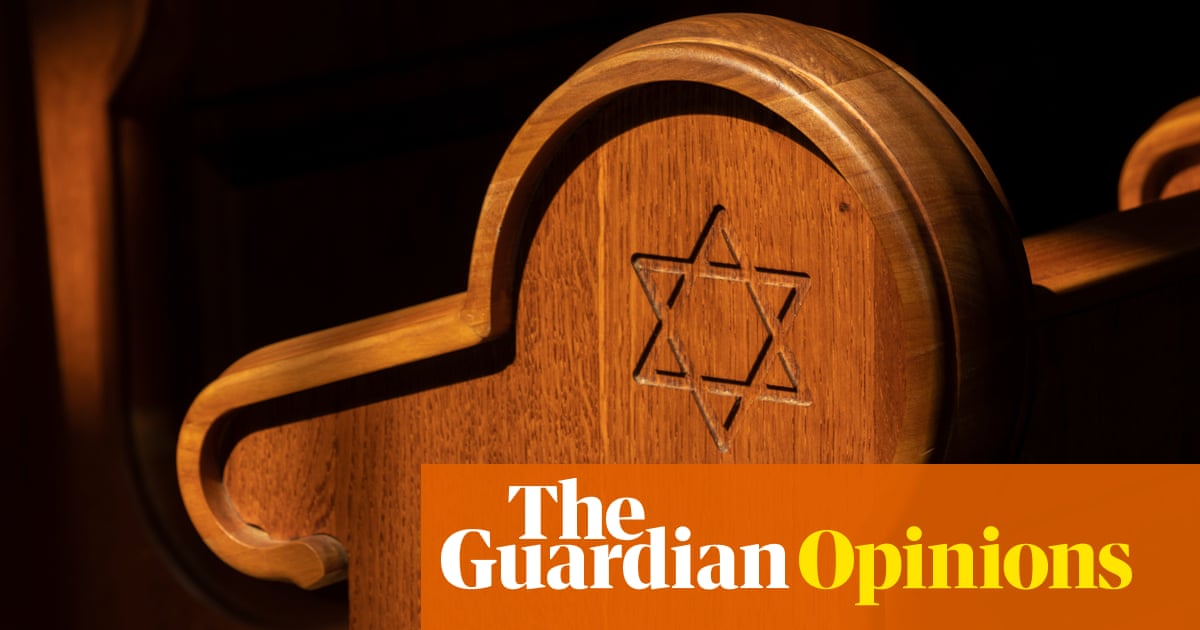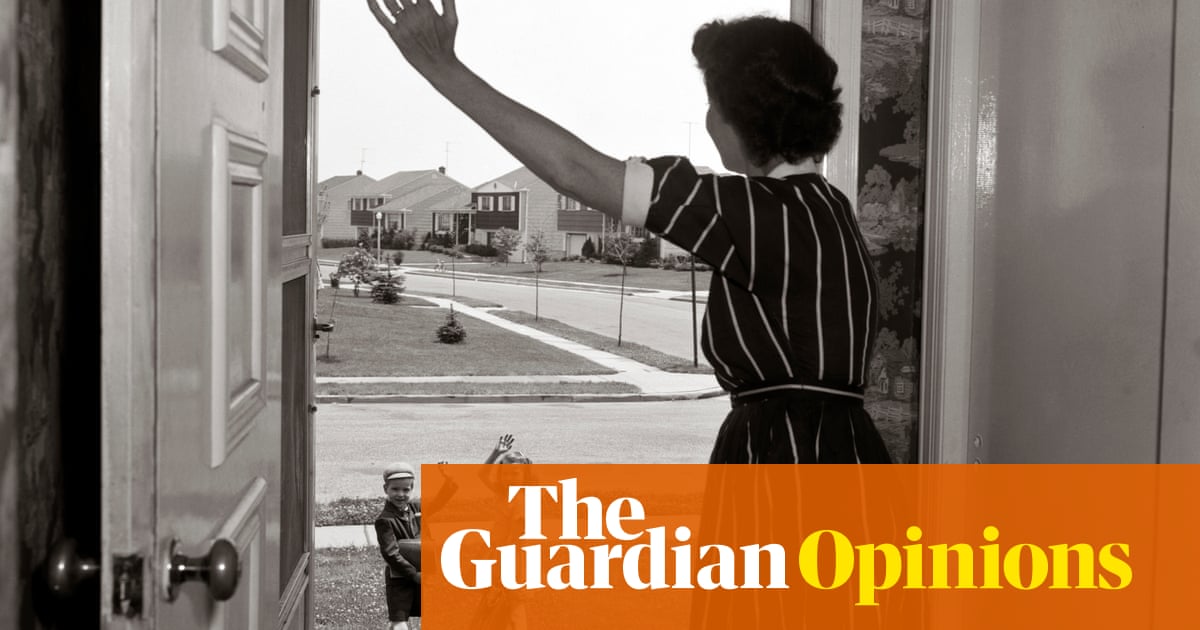
I vividly recall the moment I made the decision to stop attending synagogue. It happened in 2023, a few months after welcoming my fourth child.
My husband and I had managed to get our children dressed and out of the door that Saturday morning – a feat any parent with small children will recognise, and we arrived in time for the synagogue’s children’s service, a segment lasting about 30 minutes of the larger 2.5-hour service. But our plans were quickly derailed. The children’s programme concluded earlier than anticipated and the playroom was closed, under instructions from the management.
I felt trapped. I knew that my young children would inevitably make noise, attracting disapproval from older men in the main sanctuary. Determined to find a resolution, I approached a synagogue rabbi and requested that, for that week, he would allow the play area to remain open. He agreed and I breathed a sigh of relief.
But a week later, the president of the synagogue called to reprimand me for being rude and demanding. Wow, I thought, frustration surging within me. I had reached my limit. If advocating for a space for children to play, allowing them to actively participate in synagogue, is deemed demanding, then I want no part in it, I thought.
The exchange strikes me as an accurate example of the outdated approach of too many synagogues that do not take women and children’s needs into account. Although some are making efforts to improve their amenities, many older ones still have outdated facilities that overlook the necessity for adaptable spaces capable of accommodating noise, children and their caregivers.
Some buildings lack ramps for people with disabilities or accessibility for those that require it. Breastfeeding mothers often have no access to private space to nurse their children. Instead of embracing the lively sounds of young children, indicative of continuity and a growing community, elderly men persistently shush any children who make noise. Many women I know, especially those with one or two children, have simply stopped attending because the conditions make it impossible.
In Orthodox Judaism, the practice of separate seating places the ladies’ gallery out of sight, contributing to women feeling like mere spectators, a concern frequently overlooked by those leading the services. Hardly any Orthodox synagogues have women in leadership, and even fewer have female presidents.
Even with awareness of these limitations, for many years, my desire to attend synagogue each week persisted. To me, showing up represented a form of leadership. Indeed, in mid-2023 I achieved a significant milestone as one of the world’s first Orthodox female rabbis. While women are unable to hold leadership positions in the synagogue, I am able to teach Torah, answer questions about Jewish law and provide pastoral support on matters of faith and tradition.
But, despite progress in some areas, it is clear that there is still a hostility towards women, children and their needs. Synagogues, like many other religious places of worship in the 21st century, are grappling with membership challenges. A significant number of them face the issue of ageing congregations, with entire generations of young people, unlike their parents and grandparents, showing little inclination to purchase memberships. Some synagogues have had to sell their buildings, other congregations have merged and many are desperate to fill their pews on a weekly basis.
I live in Melbourne but this is a global problem, and a quick peek into any synagogue in most places will show you that they have rows of seats to fill. But I’m not sure how synagogue leaders anticipate filling the pews if they are intolerant to the joyous noise of children – the next generation of potential members.
While many communities like to hold roundtable conversations about why young Jews are no longer going to synagogue or considering buying memberships, I can tell you first-hand that there is not a lot of introspection about how they treat the women and youngest Jews who come through their doors.
Sometimes my husband still goes to synagogue with the kids, but I choose to sit it out. Other times, I take my children to the park or attend a more informal, ad-hoc service outside a synagogue with my friends.
My generation of young Jews envisions a dynamic Judaism that isn’t tethered to a physical building but understands the need for synagogues to adapt if they are to survive. Owning expensive properties and buildings isn’t enough; leaders must take thoughtful measures to make both inhabitants and guests feel welcome, especially women and children. Synagogues and their management have a lot more work to do to meet 21st-century standards.
Nomi Kaltmann is an Orthodox female rabbi and the Australian correspondent at Tablet Magazine (NYC)












